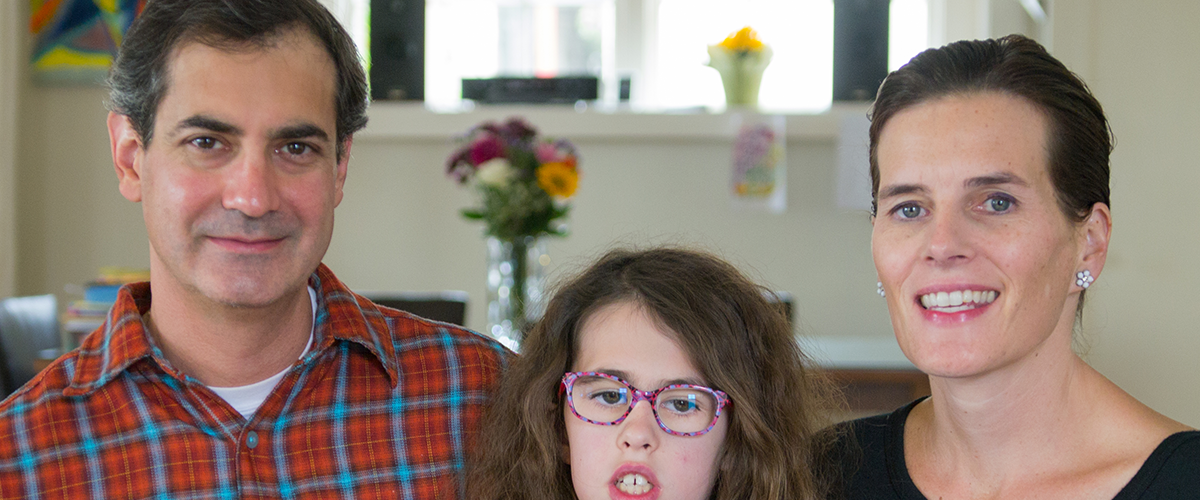 Dr. William D. Arnold, Neurologist at the Ohio State Wexner Medical Center, kicked off an educational presentation about myotonic dystrophy to second and third year medical students on October 9 at the Ohio State University (OSU) medical school. The group included students from a special interest group in neurology.
Dr. William D. Arnold, Neurologist at the Ohio State Wexner Medical Center, kicked off an educational presentation about myotonic dystrophy to second and third year medical students on October 9 at the Ohio State University (OSU) medical school. The group included students from a special interest group in neurology.
Dr. Arnold opened the presentation by explaining how often myotonic dystrophy is under-diagnosed or misdiagnosed, even though it is the most common form of adult-onset muscular dystrophy, with over 140,000 people in the US alone living with the disease. He explained the various symptoms of the disease so that the medical students could recognize them later in their careers, regardless of what field they enter. He also shared results of myotonic dystrophy research conducted at OSU.
Next up, MDF community member Carolyn Valek shared the four-year diagnostic and medical care odyssey that her husband Karl underwent, which led her to build a patient-centered home with 10 healthcare specialists at the Ohio State Wexner Medical Center. By the time her son Scott was diagnosed, there was no problem assembling the same team of specialists. She also shared the results of a survey on DM healthcare management that she conducted as part of a graduate certificate in patent advocacy. The survey highlighted major challenges in managing DM care, including: identifying healthcare professionals who understand DM, coordinating care with a team of doctors and specialists, and helping specialists see the medical challenges in a particular body system from the point of view of a DM patient.
MDF community member Paul Dillon (the event’s organizer) shared his family’s more recent experience managing DM after the congenital form was diagnosed in his son. He also talked about all the valuable services he found through MDF. The medical students were very interested in MDF literature that he handed out including the MDF Toolkit and DM1 clinical care recommendations.
Paul’s wife Sarah and his 3-year-old son Patrick, along with Carolyn’s son Scott, also attended the Roadshow. They participated in a lively question and answer session that followed the presentation. The attendance of affected family members was very valuable to the students, because they could see how variable DM can be and how it differs across the congenital, juvenile-onset and adult-onset forms.



Volunteers needed!
We need participation from the people who know DM best: you and those in your family members living with DM. MDF will provide you with training, contact local medical schools, and supply a packet of information and tips. You'll then visit medical schools near your home to speak to second or third year students about myotonic dystrophy, including the disease mechanism, symptoms and your personal experience. You can help future doctors learn about DM in the most compelling way possible, by telling your story and providing a real-life picture of the disease in all its variability and whole-body impact. Contact MDF for more information at 415-800-7777 or via email at info@myotonic.org.

